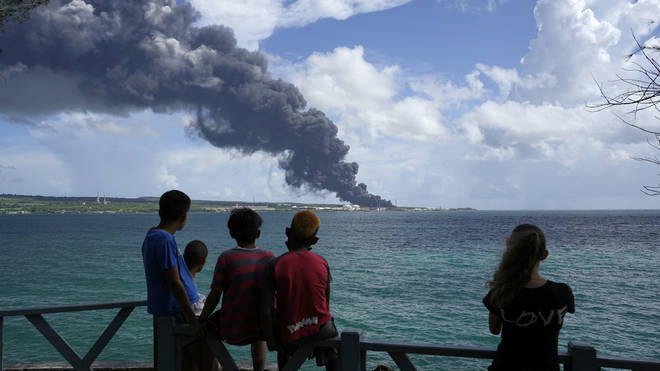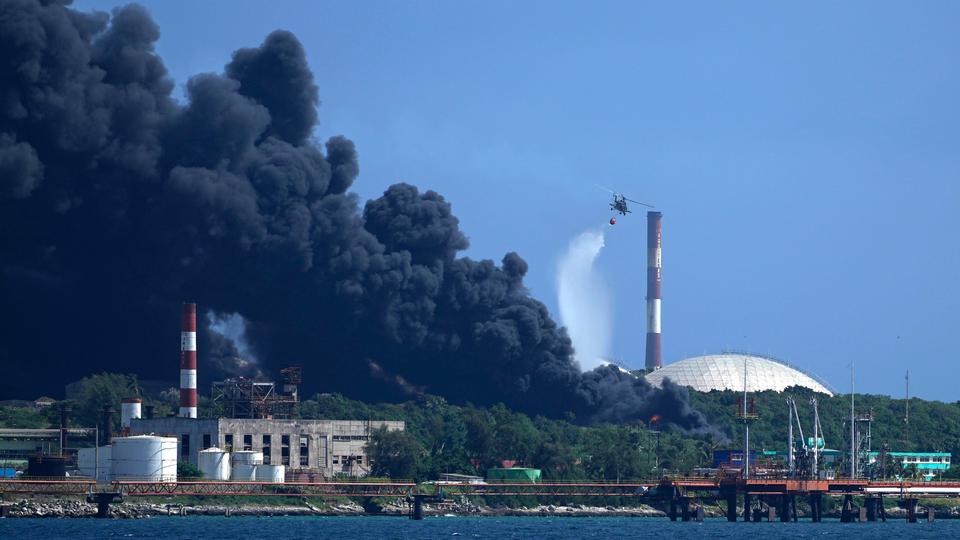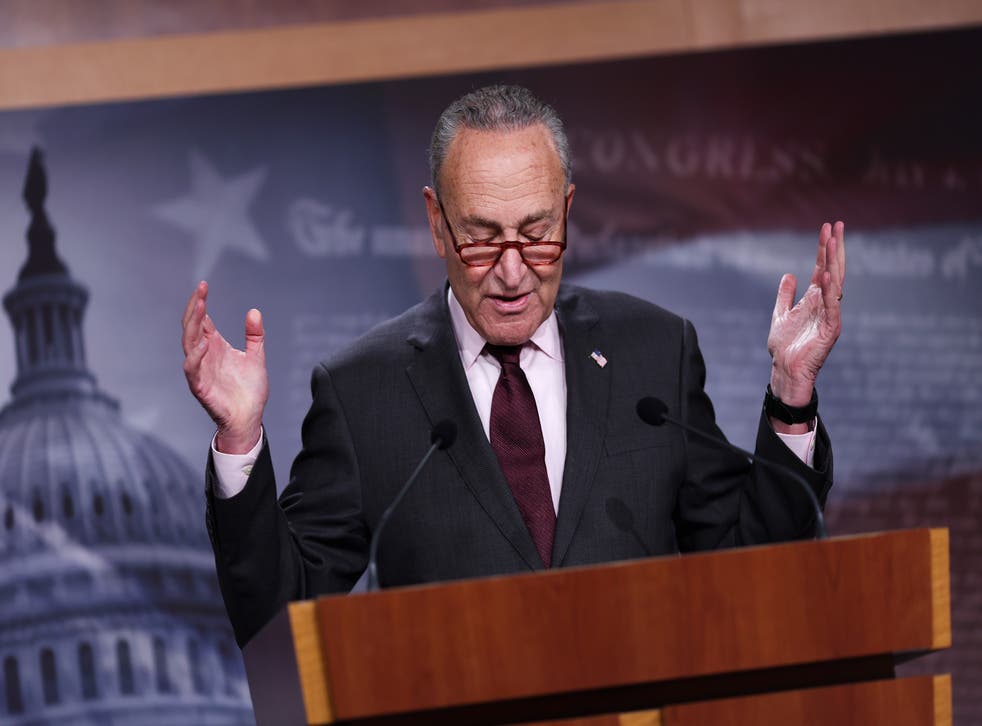UK
North East named highest rate of child
poverty in key worker families

Latest figures show one region in the UK has the highest numbers of child poverty.
According to The Trades Union Congress (TUC) households in the North East have the highest rate of child poverty in key worker households in the UK.
The figures showed that 2 in 5 key worker households have children living in poverty as it is believed that over 70,000 children are living below the breadline which has increased by 18,000 over the past two years to 70,000 in 2022 – a rise of 34%.
TUC believes poverty levels 'likely to get worse' as key workers in the public sector is facing another year of real-terms pay cuts.
TUC Regional Secretary Liz Blackshaw said: “Our key workers got us through the pandemic.
"The very least this great workforce deserve is to be able to provide for their families.
“But this government continues to lock working households into poverty and ministers’ provocative decisions to hold down pay are just exacerbating widespread hardship across our region.
“After the longest wage squeeze in 200 years we urgently need to get more money in the pockets of working families and reduce the increasing need for foodbanks and other forms of crisis and short-term support."
Northumbria Police and Crime Commissioner Kim McGuinness said: “Our key workers saved this country during the pandemic and they deserve to see that work reflected in their pay packets.
“It is shameful that key workers in one of the richest countries in the world are being forced into poverty by a Government that simply does not value public service. They have gone from working on the front line to being on the breadline.
“As the cost of living crisis gets worse we’ve seen strike action across the region as workers feel they are left with no option but industrial action in the fight for fair pay.
"The Government needs to act now to show it is prepared to back the workers that keep this country going.”
“This must be a priority for the government so the children of key workers can have the start in life they deserve.”














